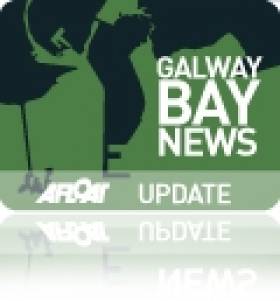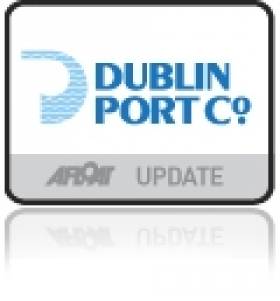Displaying items by tag: Medieval
New Archaeological Discoveries in Galway Bay
#GALWAY BAY NEWS - Archaeologists in Galway Bay have unearthed an extensive tidal weir complex at Barna and a late medieval quay on Mutton Island, The Irish Times reports.
The weir, which is estimated to date from the early Christian period, consists of a granite barrier with channels cut through it, designed to control the flow of water in the adjacent lagoon.
Connemara archaeologist Michael Gibbons suggests that the weir implies a considerable fish stock migrating through the area into the Barna river.
The remains of a large Iron Age fort which overlooks the site may also have given its name to the townland of Knocknacarra, which is now a populous suburb of Galway.
Meanwhile, further east at Mutton Island a medieval quay which predates the current lighthouse quay has been found.
The Irish Times has more on the story HERE.
Shackleton Spearhead's Into Dublin Bay
Lord Mayor of Dublin and Admiral of Dublin Port, Gerry Breen, performed the 523 year-old "Casting of the Spear" ceremony in Dublin Bay on midsummer's day, writes Jehan Ashmore.
The 'casting' for yesterdays' re-enactment by the Lord Mayor took place onboard the Dublin port Company tug Shackleton.
From the deck of the Spanish built 50-tonne bollard pull tractor-tug, a spear was launched into the sky and fell deep into the cold water's of Dublin Bay. The ceremony once again marked the position of the city boundaries eastwards.
The medieval tradition of 'Casting of the Spear' dates back to 1488 when the then Lord Mayor, Thomas Mayler, set out on his horse to ride the city's boundaries.
According to historical records he rode out onto the strand as far as a man might ride and from there he cast a spear into the sea. At that time, casting the spear demonstrated the extent of the city boundaries eastwards.
The tradition marks one of many significant moments in Dublin Port's long history since its establishment as a trading post some 1,200 years ago.

























































